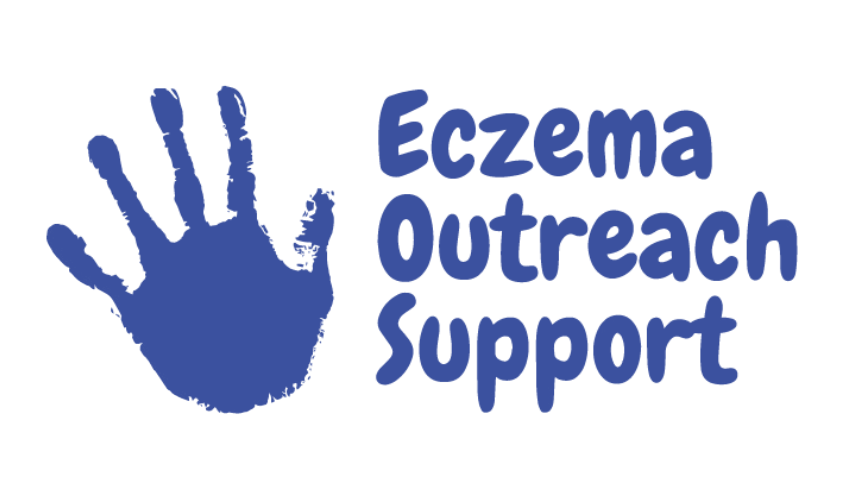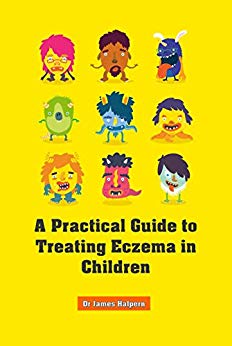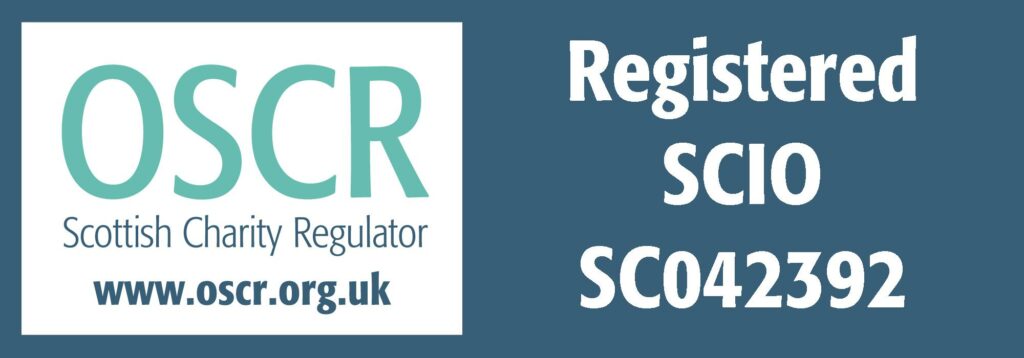Eczema is a complex disorder and there is still a lot of work to do to fully understand it.
Eczema causing the skin to become itchy, dry and cracked. Some people have small patches, but for others it can be widespread across their body and be intensely itchy and painful. It is often minimised as ‘just a little bit of itchy skin’, but it can have a huge impact on a person’s life.
There is no cure for eczema and it is often a long-term (chronic) condition. Atopic eczema can often run in families and can develop alongside other atopic conditions such as asthma, hay fever and food allergies. Flare-ups’ of eczema can be unpredictable which can be intensely frustrating and upsetting for children and their carers.
It’s not caused by just one thing, it is a combination of genetic and environmental factors.
People with eczema often have very dry skin because their skin barrier (the top layer of the skin) isn’t working properly. When the skin barrier is faulty moisture can escape the skin causing it to become dry. When the skin becomes very dry irritants, allergens and bacteria can get into the skin causing inflammation and itching.
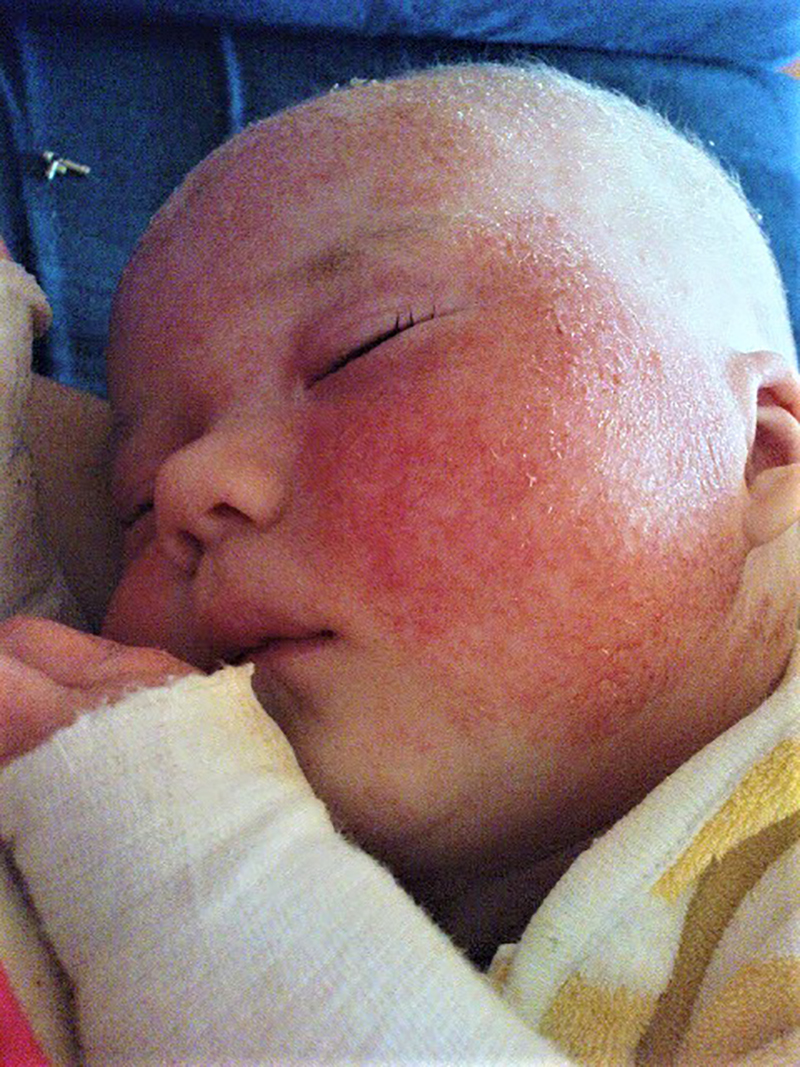
Treatments
There are a range of treatments available to help manage the symptoms of eczema. The mainstay treatment includes using emollients (moisturisers), topical steroids, and bath/shower emollients. Dermatologists may also discuss treatments such as garments and wrapping, topical calcineurin inhibitors, phototherapy or oral immunosuppressants depending on the severity of the condition.
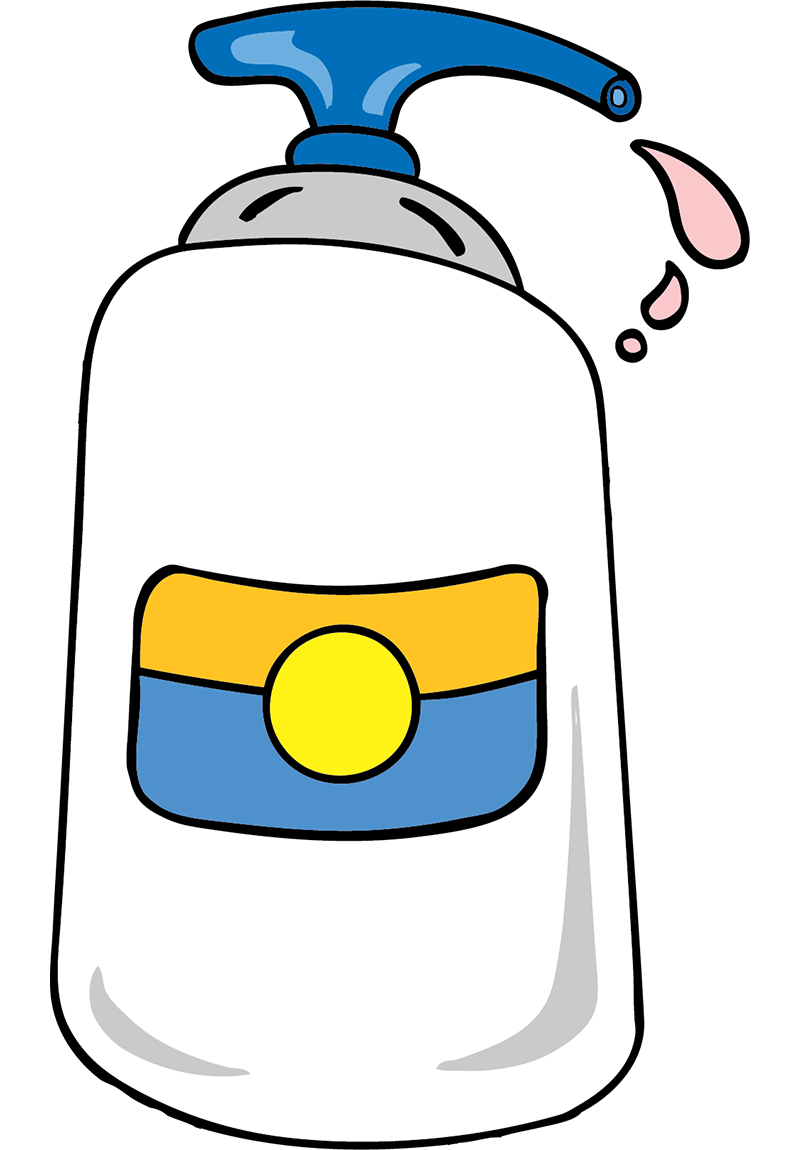
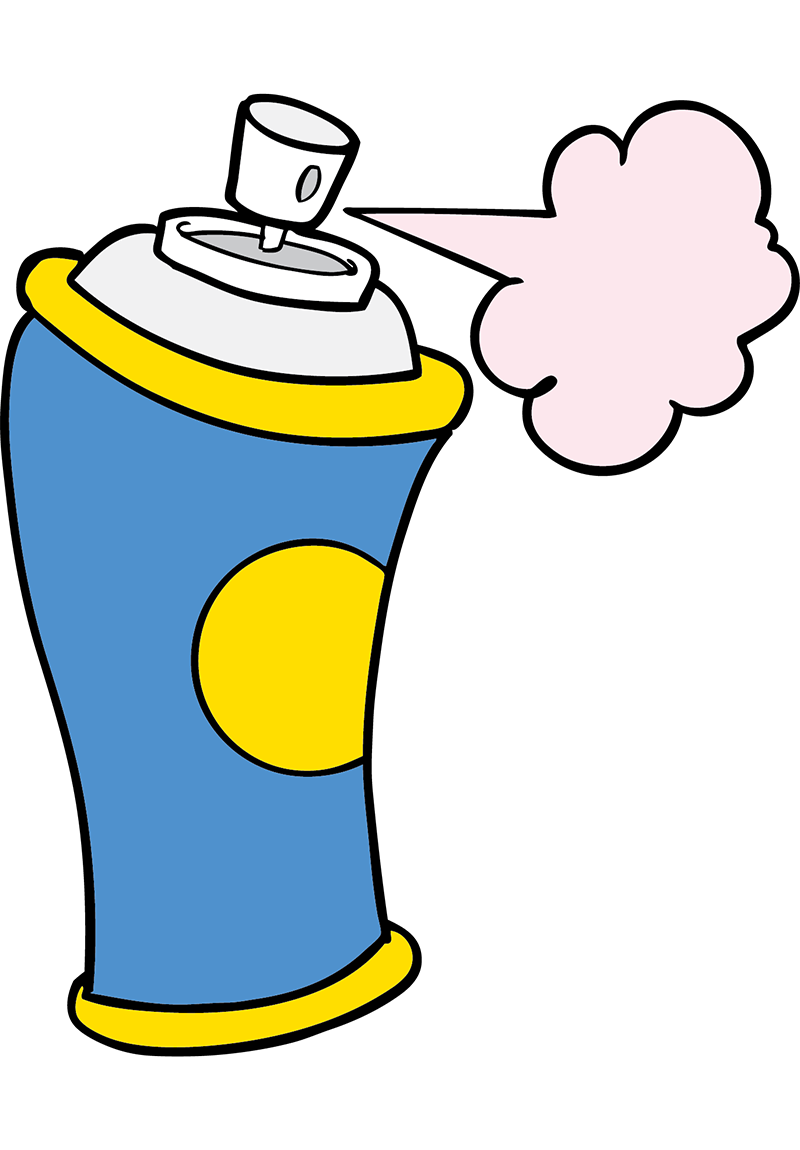

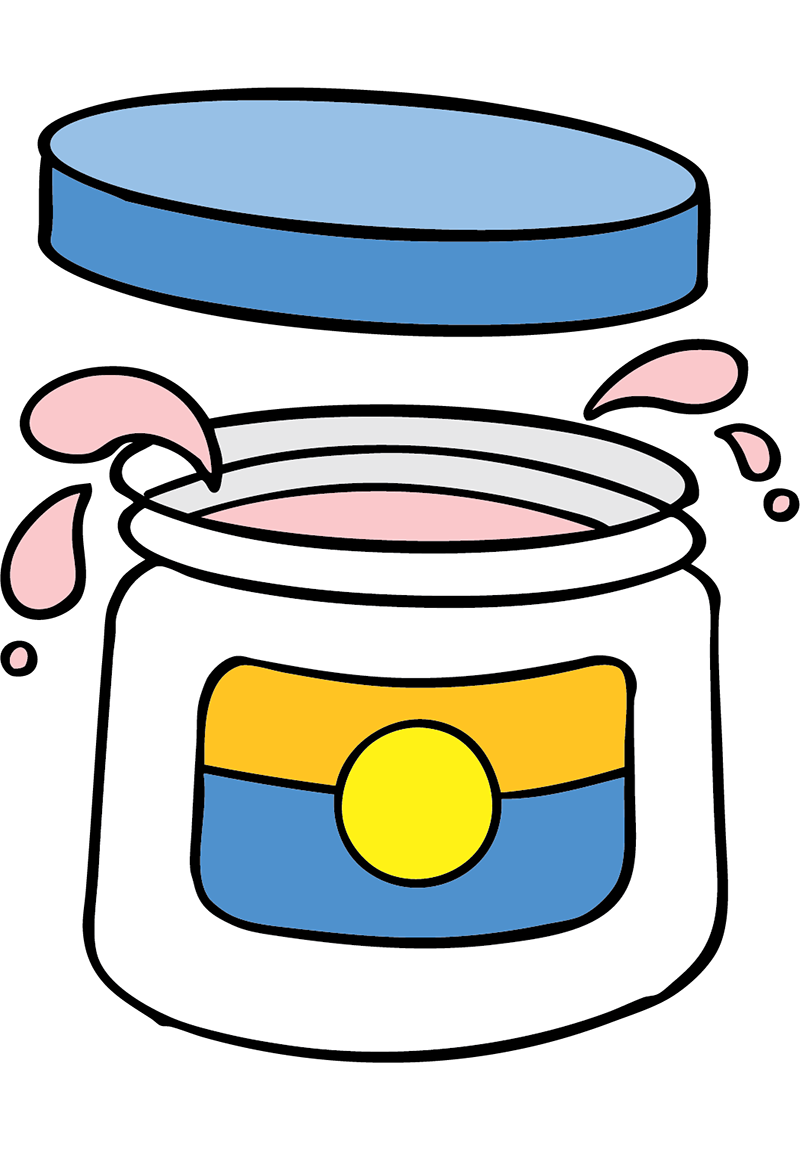
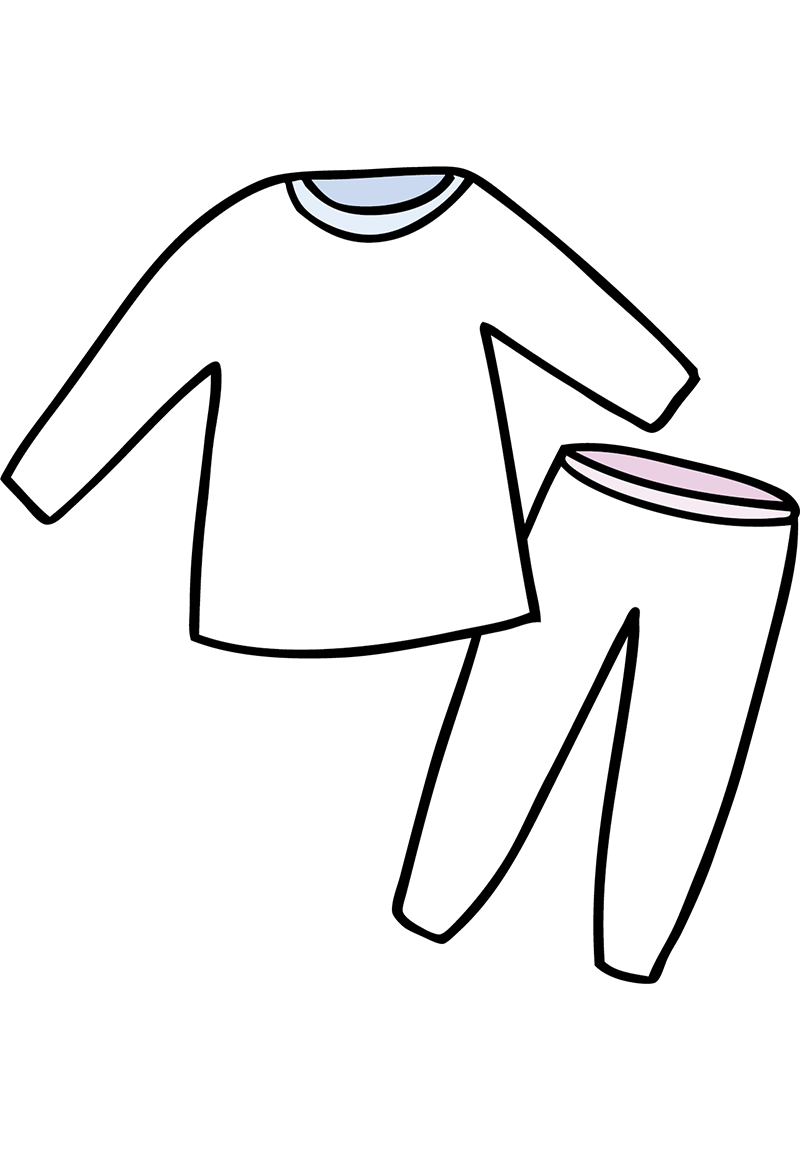
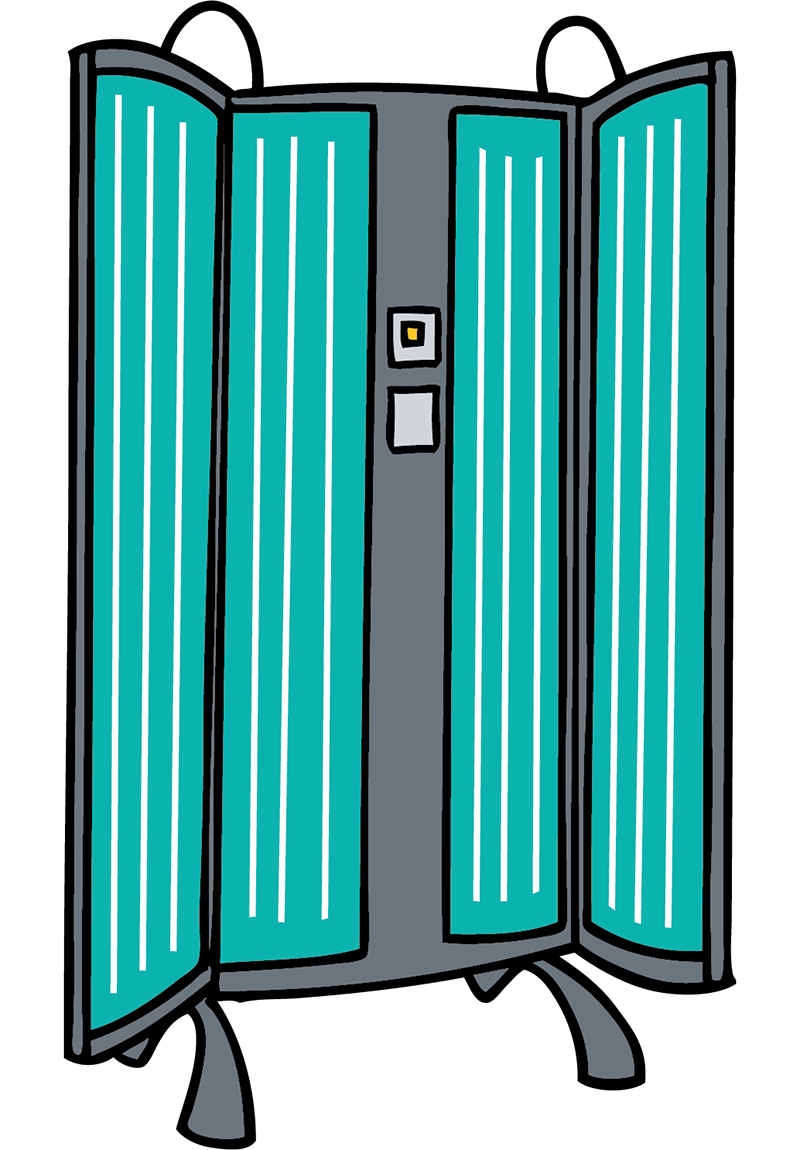
Triggers
Living with eczema can be very frustrating because there are a number of things that can trigger eczema symptoms but they are very individual. Common triggers include soaps and detergents, certain weather conditions, pet dander, pollens and mould, house dust mite, food allergies, sweat, stress and some fabrics.
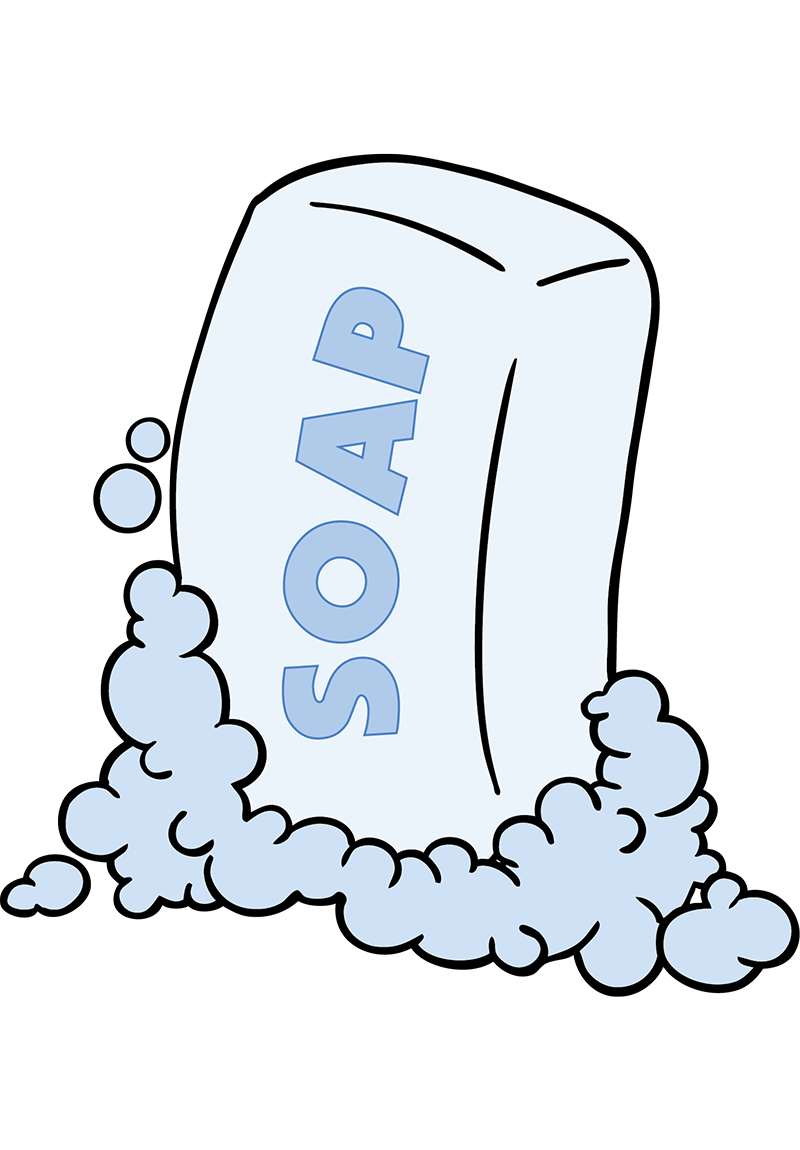
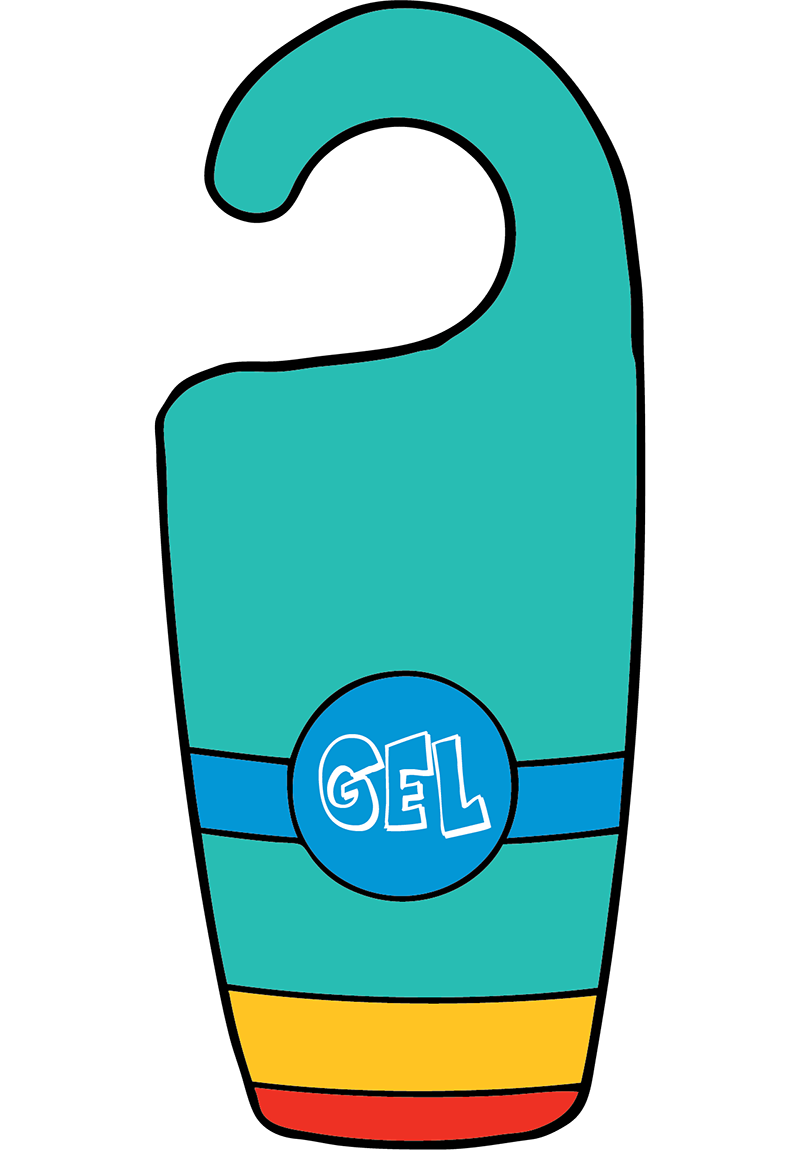
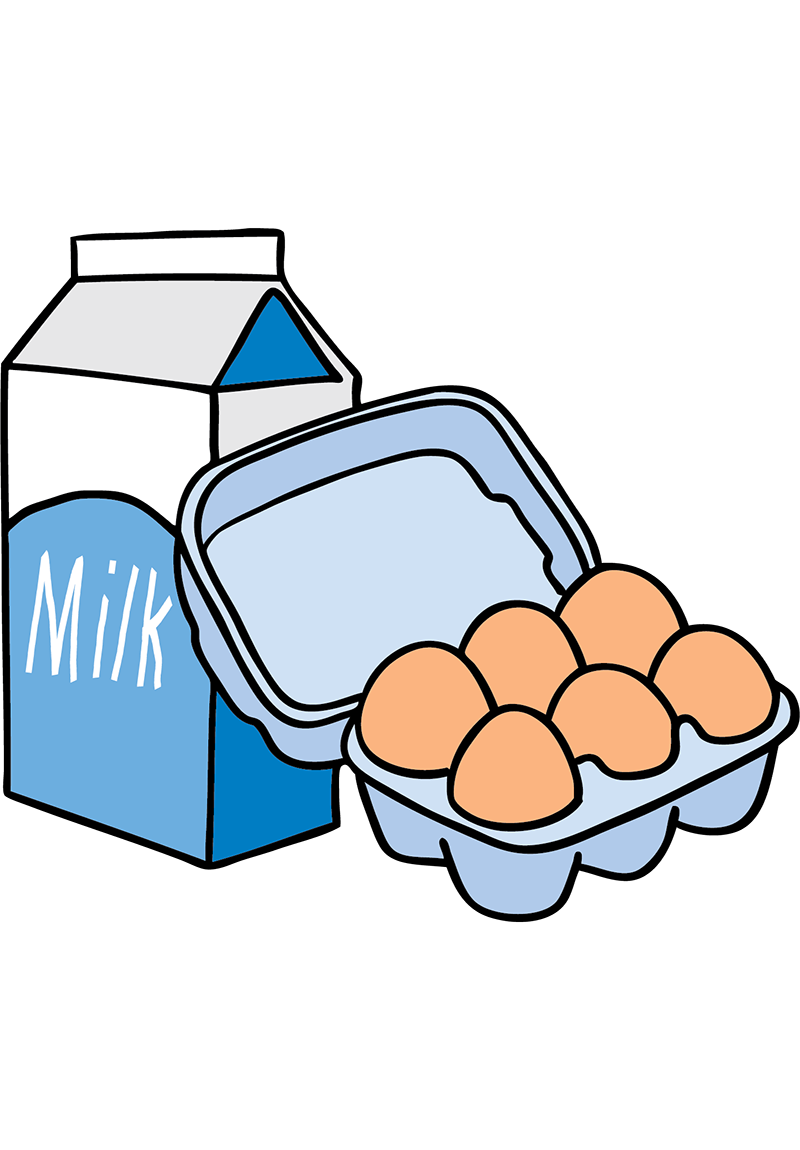
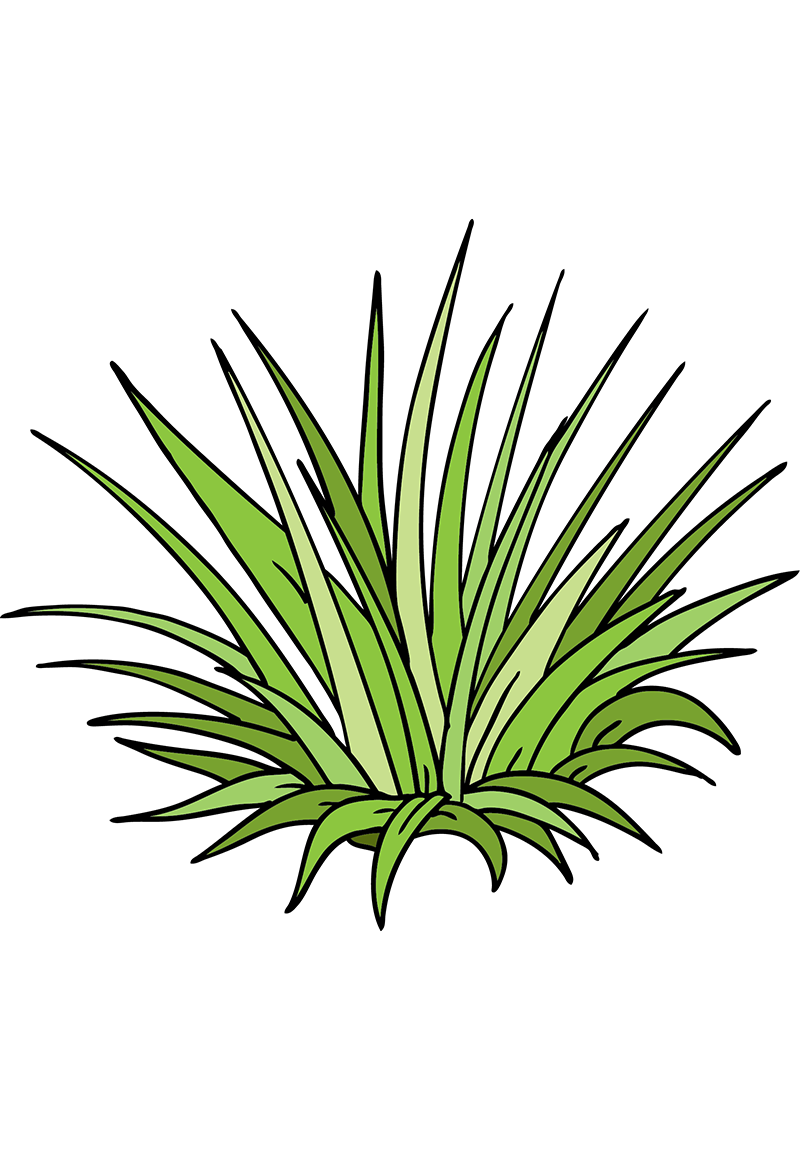

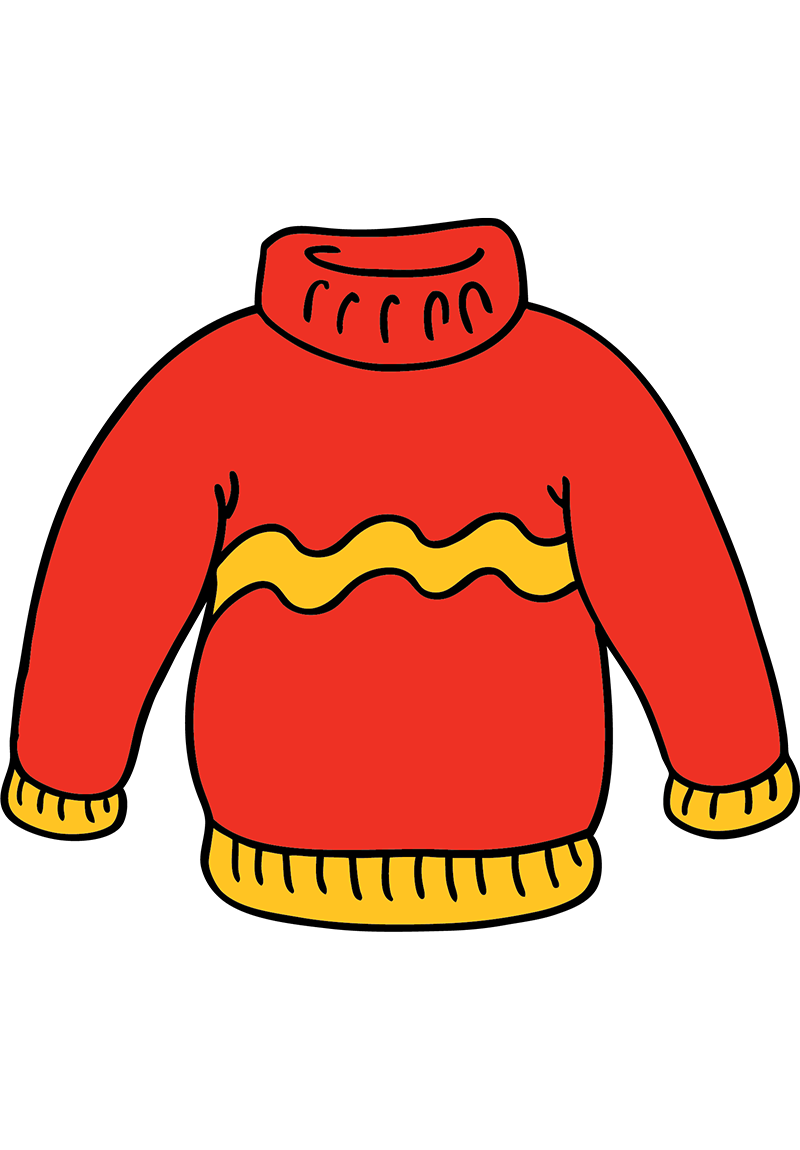
Find out more
There are some great resources out there if you want to learn more about eczema. Take a look at the ones below and have a look at the Useful Links for more.
